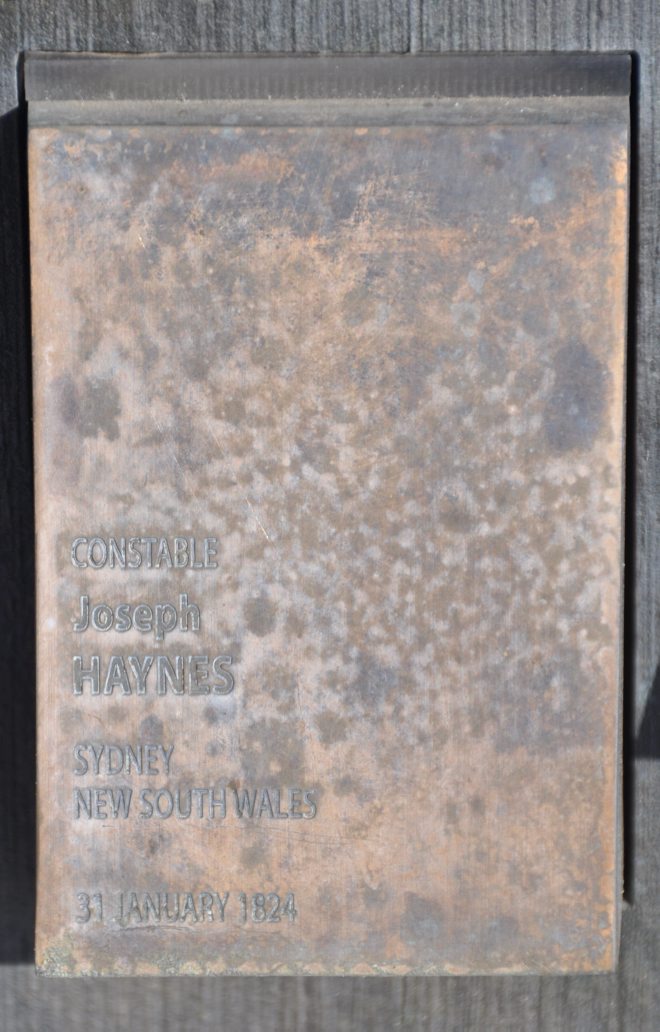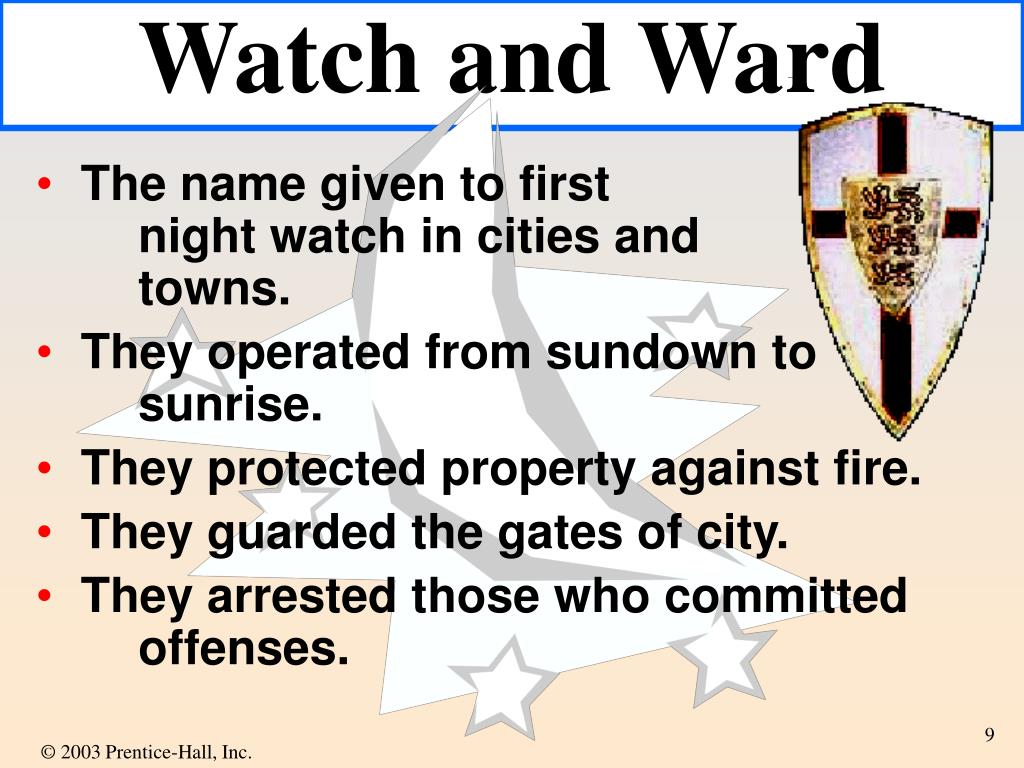

How grand was the aristocratic Georgian London house?.The Third Crusade: an Early Mishap at Lyon, 10 Jul.The Triads of Ireland: Medieval Irish Wisdom.6th Century Britain – Questions without Answers.Castles, Fortified Houses and Family Homes ~ a Dis.


Club London in the Georgian and Regency Eras.Law & Order - Duties of the Constable in 17th Cent.A constable could call upon the trained band of soldiers to help quell a disturbance, and was resposible for enforcing that men of the parish trained in pike duty or other defensive arts as stipulated by law.Īllowed our trayne soldiers their charges when thery apprehended some Quakers in our town and conveyed them to prison 13/. Once the King was restored, a whole new raft of rules appeared, including persecution of religious dissenters such as the Quakers. In addition there were all the new religious rules, such as fining those who did not keep Lent. In the period after the Civil Wars when there were many disputes over sequestrated land, (aristocrats' land seized by Parliament) the job must have required much diplomacy. Alehouses were restricted, various sports were banned, and the constable’s duties were to enforce all these new rules – an unenviable task, particularly since he was subject to the orders of the army Generals who were put in charge of each county district. During the Interregnum, with Cromwell in charge, staunch attacks on vice were demanded. This law was extremely unpopular, as these were not imported items from abroad, as before, but everyday necessities, and the enforcing of this law, and the collection of these monthly excise duties must have been a great burden on the elected constables.Īlong with the churchwarden, the constable was supposed to keep an eye on the moral compass of the neighbourhood. A duty was put on provisions coming into the cities from the country – on beer and cider and soap, and the next year on salt, hats, starch, and copper goods. Their duties were primarily in disputes over land and territory, particularly with regard to tenancies, but also after the Excise Act of 1642 they were also charged with collecting tax and duty on goods. Once a year, the constables from neighbouring parishes were sworn in at the local Justice’s office or residence by the High Constable of the County. However, what it did do was to promote a shared citizenship, and in the early 17th century, gave prominent householders an understanding of how the systems of ancient Manorial land ownership worked. Unlike later police, the position was strictly amateur, with the constable receiving no remuneration for his services, which could be both dangerous and cumbersome. Though I have to say, I rather like the idea of a woman fulfilling this role. Given the often violent nature of the job, Jane Kitchin was obliged to hire a deputy. I have read of one occasion in 1644 where in Upton, the householder turned out to be a widow. The office was usually held yearly amongst the wealthiest householders who were obliged to serve, or provide a deputy in their stead. Tenants were not allowed to be constables. In the 17th century the responsibility for law and order fell on the community through its constables though actually only a proportion of the community were eligible for this post – that is the householders.


 0 kommentar(er)
0 kommentar(er)
